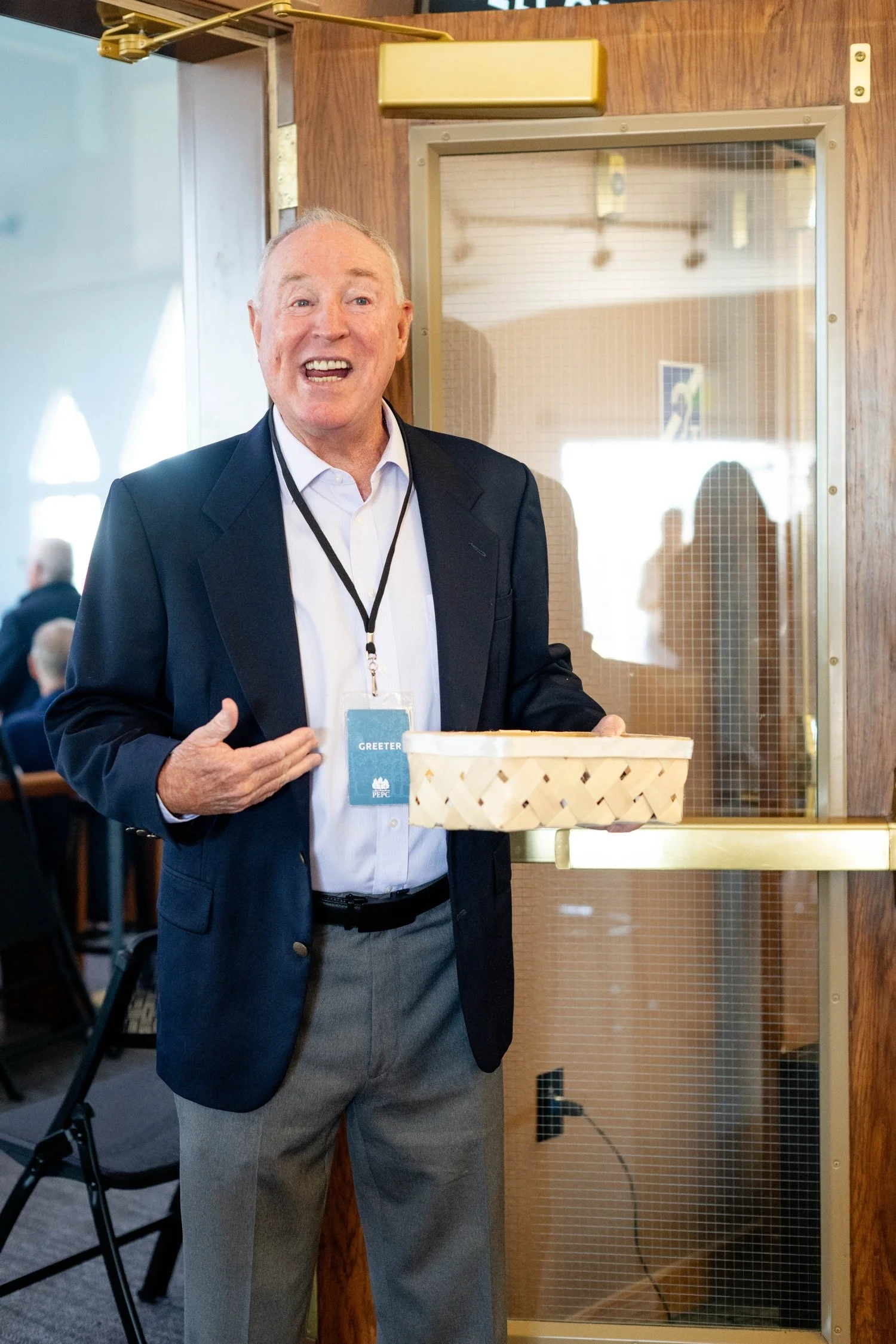Readings for today: Job 26-27, Acts 11
“Sheol is naked before God, and Abaddon has no covering. He stretches out the north over the void and hangs the earth on nothing. He binds up the waters in his thick clouds, and the cloud is not split open under them. He covers the face of the full moon and spreads over it his cloud. He has inscribed a circle on the face of the waters at the boundary between light and darkness. The pillars of heaven tremble and are astounded at his rebuke. By his power he stilled the sea; by his understanding he shattered Rahab. By his wind the heavens were made fair; his hand pierced the fleeing serpent. Behold, these are but the outskirts of his ways, and how small a whisper do we hear of him! But the thunder of his power who can understand?” (Job 26:6-14)
Job is starting to come to the end of himself here. His rage is spent. His anger is losing steam. His frustrations and protests are starting to lack conviction as he remembers who it is he is contending with. God is all-powerful. Job is powerless. God is all-knowing. Job is ignorant. God is immense. Job is small. There is nothing hidden from God. Everything is hidden from Job in his ruined estate. As crazy as it sounds, I actually believe these verses represent a hinge point in the narrative. Job has reached the null point of his pain and suffering and still acknowledges the sovereignty of God. Yes, there will still be protests from Job but those are the final skirmishes in this battle he’s been fighting for so many chapters. Job has come to a place of complete helplessness. Complete hopelessness. Complete despair. He has hit rock bottom which is where he will finally get his wish. He will meet God face to face.
I think about my own life. I think about how easy it is for me to rely on my own strength. My own resources. My own abilities. I am a blessed man. I have a wife of 25 years with whom I am falling more deeply in love. I have four wonderful children with whom I have a great relationship. I live among my extended family who I get to see on a regular basis. I have a job I absolutely love and a church family I am honored to serve. I get to work not only with gifted colleagues but dear friends. I’ve been invited into and given leadership positions in a variety of areas of passion both personally and professionally. I live in a beautiful state. A beautiful community. A beautiful home. My wife and I make plenty of money. My body is relatively strong. My mind is relatively sharp. My needs are few. But if I am honest, I must confess all these blessings make me forget about God.
Don’t get me wrong, I think about God all the time but do I think about God rightly? Am I giving Him His due? Am I truly aware of His greatness and glory? Job’s words here are deeply convicting. They remind me of the error of my ways. I too often take God for granted. I too often forget the great chasm that exists between us. Blissfully ignorant and enjoying the good things in life, I fail to recognize God’s sovereign power. I fail to give Him the honor and thank Him for the blessings He has bestowed upon me. I too easily fall into the trap of assuming these things have come from my own work. My own labor. My own striving and success. I forget my utter powerlessness and helplessness and foolishness and smallness before the Lord.
As I think back over the course of my life, I have met God most profoundly in the most broken places. The places where I have no control. The places where I am most utterly hopeless and alone. God has made Himself known to me there and opened me up to all sorts of new possibilities. He has ministered to me in a special way and given me a deep experience of His faithful, abiding, steadfast love. It is when I am weak that I experience God’s strength. It is when I am poor that I experience God’s richest provision. It is when I am foolish that I seek God’s wisdom. It is when I am anxious that I experience the peace that passes my understanding. This is a paradox to be sure and yet it is essential to grasp if one is to follow Jesus. We must walk as He walked. We must live as He lived. We must embrace a life of utter dependence on our Heavenly Father, trusting Him to guide us and protect us and provide for us and, at the end of our lives, welcome us to our true home.
Readings for tomorrow: Job 28-30, Acts 12




